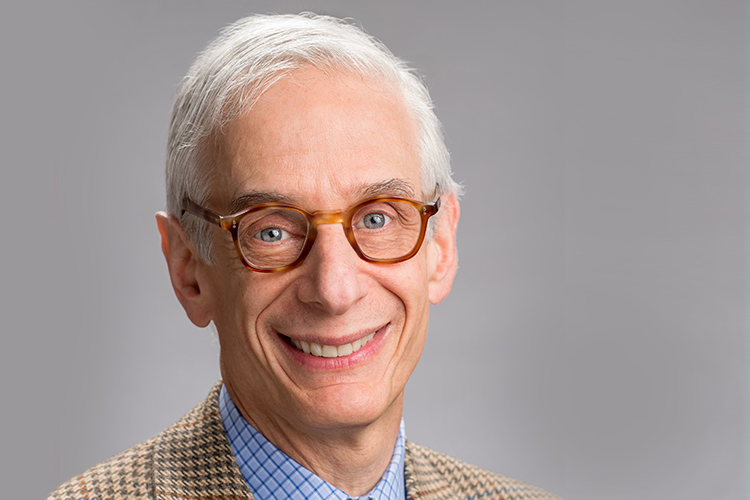Vice chancellor for research Randy Katz to step down

Randy Katz, a computer scientist and Wi-Fi pioneer who served as the University of California, Berkeley’s vice chancellor for research for three years, during which time he shepherded the campus through a year-long phased reopening after a pandemic shutdown, will step down on June 30.
“During his tenure as vice chancellor, Randy advanced the campus research enterprise with a deep personal commitment to protect and enhance the research excellence of the campus,” said Chancellor Carol Christ, in announcing his planned retirement.
Since taking on his vice chancellor role on Jan. 1, 2018, Katz has helped expand the campus’s sponsored research funding to more than $800 million annually during the most recent fiscal year. Among the major areas receiving this greater financial support are quantum information sciences, emerging frontiers in physics, innovative chemistry and artificial intelligence. Other major research accomplishments on campus during his tenure were the launching of the Weill Neurohub, a research partnership between UC Berkeley, UCSF and the University of Washington; a five-year longitudinal study of neuroimaging; a Digital Transformation Institute in the College of Engineering; and a Physics Frontier Center focused on neutrinos, nuclear astrophysics and symmetries.
“I’m pleased that we were able to refocus campus research efforts on major, large-scale center-based grants, growing our sponsored research portfolio from $710 million to over $800 million in three years,” said Katz. “We are on track for our best year ever in 20-21, having reached $667 million only halfway through the 2020 calendar year.”
In 2019, he also established the campus position of chief innovation and entrepreneurship officer, which under former Haas School of Business Dean Rich Lyons is enhancing the visibility of UC Berkeley’s rich entrepreneurial tradition and its strategic investment in such efforts. Among the new achievements is the creation of the Bakar BioEnginuity Hub, to open soon in the renovated space on Bancroft Avenue formerly occupied by the University Art Museum and Pacific Film Archive.
Katz also sought to strengthen and safeguard the campus research enterprise, working with Associate Vice Chancellor for Research Linda Rugg to revitalize the leadership of campus research centers and institutes and partnering with Vice Provost for Academic Planning Lisa Alvarez-Cohen to lead the International Engagement Policy Task Force to achieve an intentional balance between the campus’s deep commitment to international collaboration and protection against undue foreign influence.
The past year has been particularly difficult, however, subjecting campus researchers to a roller-coaster of shutdowns that is ongoing, Katz admitted.
“Navigating the campus research enterprise through several natural and man-made disasters — Northern California wildfires and the subsequent air quality catastrophe, multiple public safety power shutdowns because of fire-prone weather conditions and, of course, COVID-19 — was a 10-month-long-and-counting overarching challenge,” he said.
Katz sees continuing challenges ahead, given campus deficits caused by the pandemic, adding that federal and state funding and private fundraising could cushion some of that.
“Refreshing the campus research infrastructure — particularly in engineering, the life sciences and the physical sciences — is critical,” he said. “Berkeley cannot stay at the forefront in these areas of research without world-class facilities. The challenge is how to create these, given the constrained budget and real limits on campus spaces. Federal support and help from the philanthropic community are the way forward.”
After 38 years at UC Berkeley, Katz is also retiring from the Department of Electrical Engineering and Computer Sciences, where he is currently a United Microelectronics Corporation Distinguished Professor. Nevertheless, he hopes to maintain his ties to his alma mater, from which he received his M.S. in 1978 and his Ph.D. in 1980 in computer science.
